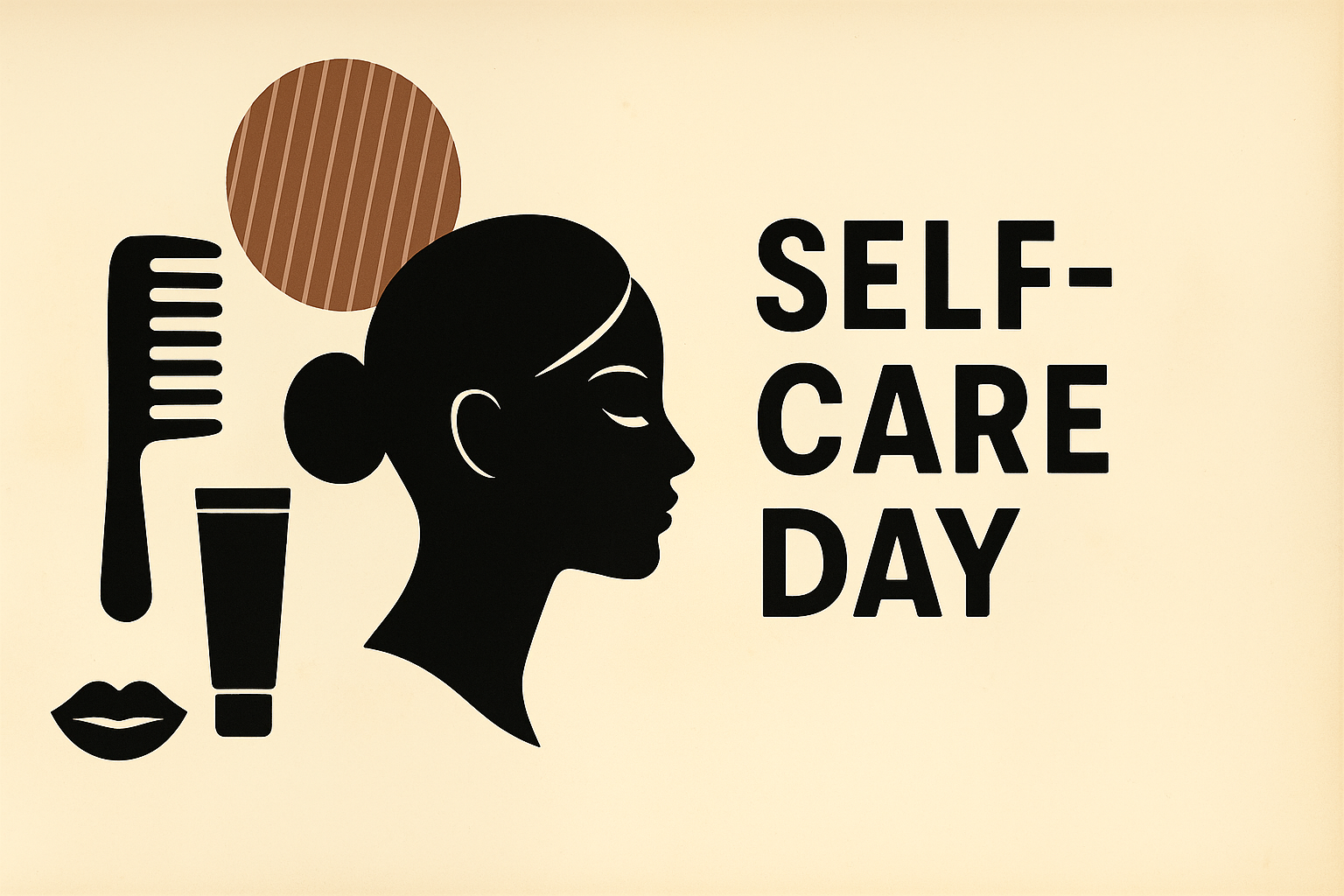What is International Self-Care Day?
International Self-Care Day is held every year on July 24 across the globe. The date, 7/24, was chosen to symbolize that self-care should be practiced 24 hours a day, 7 days a week. This day highlights the importance of taking responsibility for one’s physical, mental, and emotional well-being. It encourages people to make healthy choices, take preventative steps, and develop routines that support lasting health. International Self-Care Day is a reminder that caring for yourself is essential, not optional.
The observance promotes self-care as a foundation for health, resilience, and balance. It invites people to pause, reflect, and take conscious steps toward better habits. Events on this day include educational programs, wellness activities, and public campaigns. Health professionals, communities, and individuals around the world use this moment to prioritize care that starts with the self. The day aims to inspire change that lasts beyond July 24.
History and Origin
International Self-Care Day was established in 2011 by the International Self-Care Foundation. The date July 24 was selected to reflect the message that self-care should be continuous—twenty-four hours a day, seven days a week. The founders wanted to create a global platform for promoting personal health responsibility and informed decision-making. Their goal was not to replace professional healthcare, but to emphasize the role individuals play in staying well.
The day gained early support from health organizations, wellness educators, and public institutions. It quickly became a space for sharing strategies on how to prevent illness, manage stress, and enhance quality of life. Governments and community groups began to join by launching their own initiatives. These efforts increased access to self-care tools, such as free classes, health checks, and mental health support.
As awareness grew, International Self-Care Day developed into a symbol of empowerment. It now includes online campaigns, workplace programs, and school-based education. By teaching people how to listen to their bodies and manage their needs, the day promotes a healthier global culture. It connects the personal to the collective by showing how self-care strengthens both individuals and society.
Who Participates in International Self-Care Day?
- Individuals: People of all ages take this day to reflect on their well-being and make time for personal care.
- Healthcare professionals: Doctors, nurses, and therapists promote the role of self-care in daily health and recovery.
- Organizations: Companies use the day to support employee wellness through workshops, talks, and self-care breaks.
- Community groups: Local groups organize events that help people learn about mental health, nutrition, and daily care.
- Policy makers: Leaders use this moment to encourage long-term support for preventive health and well-being programs.
Colors, Symbols and Patterns
Colors:
- Green: Represents growth, renewal, and the natural aspects of self-care.
- Blue: Symbolizes calmness, stability, and mental clarity.
- Yellow: Suggests energy, optimism, and a positive outlook on health.
Symbols:
- Heart: Signifies self-love, emotional care, and compassion.
- Lotus flower: Represents balance, purity, and the journey of personal development.
- Hands: Symbolize care, support, and taking control of one’s health.
Patterns:
- Leaves: Stand for growth and the organic nature of self-care.
- Waves: Reflect emotional flow and the rhythm of daily life.
- Circles: Represent wholeness, balance, and continuous improvement.
Most Used Hashtags
- #SelfCareDay
- #SelfCareMatters
- #MentalHealth
- #Wellness
- #SelfLove
How to Celebrate International Self-Care Day:
- Practice mindfulness: Spend time in quiet reflection, deep breathing, or meditation to center yourself.
- Be active: Go for a walk, attend a fitness class, or stretch to support your physical energy and mood.
- Eat nourishing food: Prepare a balanced meal that fuels your body and supports your long-term health.
- Connect with others: Reach out to a friend, family member, or support group to share time and emotion.
- Write and reflect: Keep a journal to explore your feelings, set goals, and recognize progress in your journey.
Why Is International Self-Care Day Important?
International Self-Care Day is important because it reminds people to value their health before it becomes a crisis. In a fast-paced world, many forget the basics; rest, nourishment, movement, connection. This day offers a chance to reset and return to those foundations. It encourages awareness that leads to better choices, fewer health problems, and more balanced lives. Promoting self-care reduces stress, builds confidence, and protects mental and physical strength.
The day also supports a shift in how society understands health. Self-care is not a private indulgence, but a public good. When individuals take care of themselves, they reduce pressure on healthcare systems and improve their ability to support others. International Self-Care Day calls for access to resources, education, and environments that make daily care possible for everyone. It celebrates the idea that well-being is not a privilege. It is a right.
Features
- Mental Health
